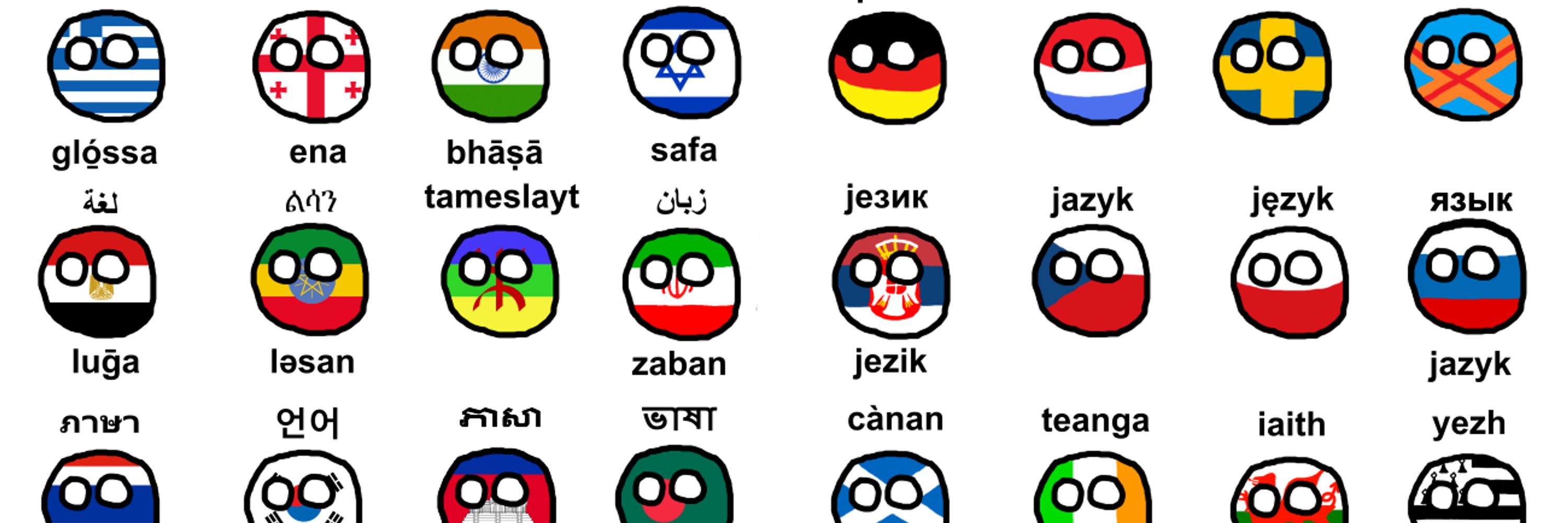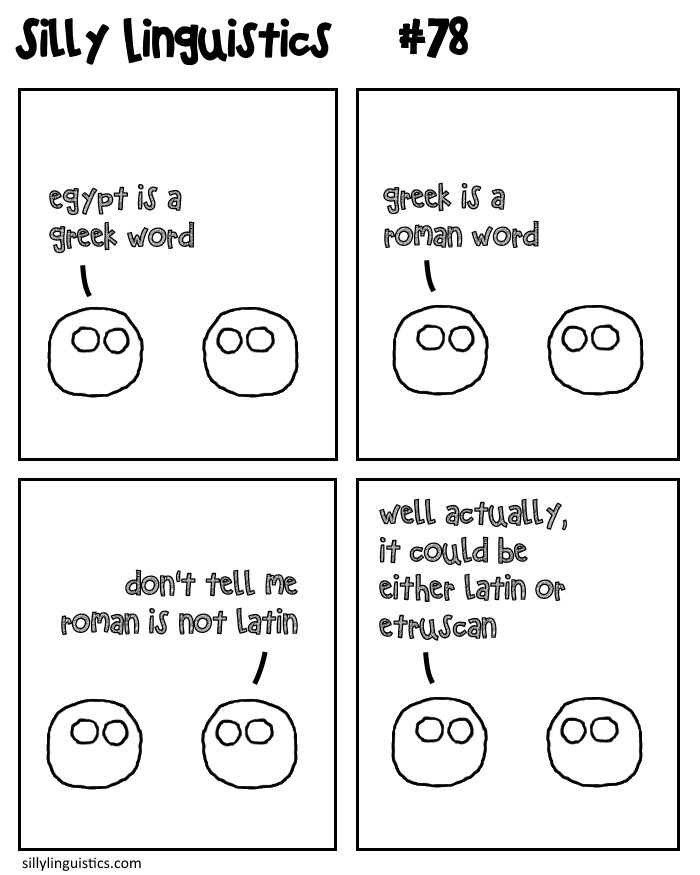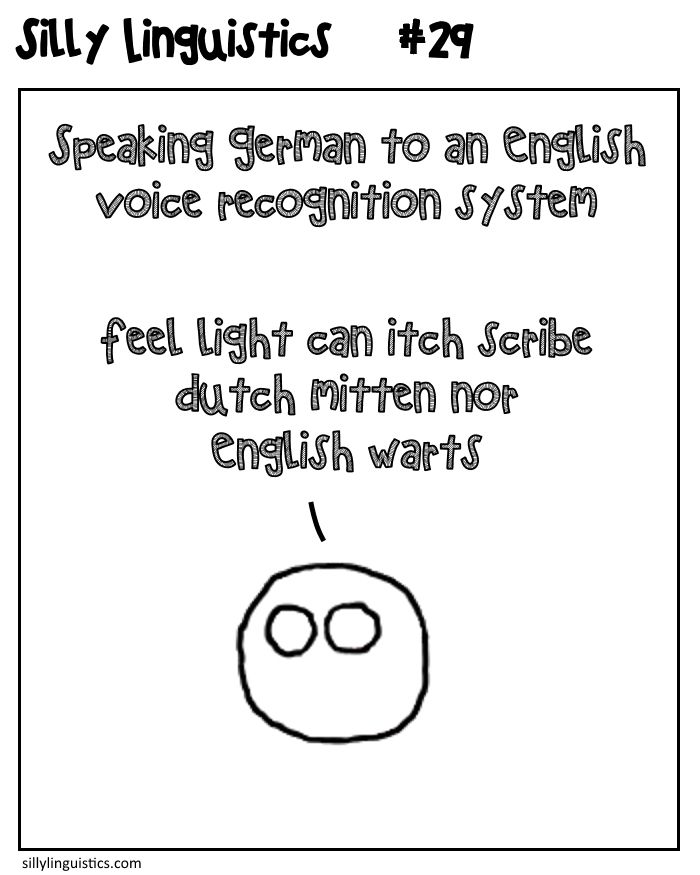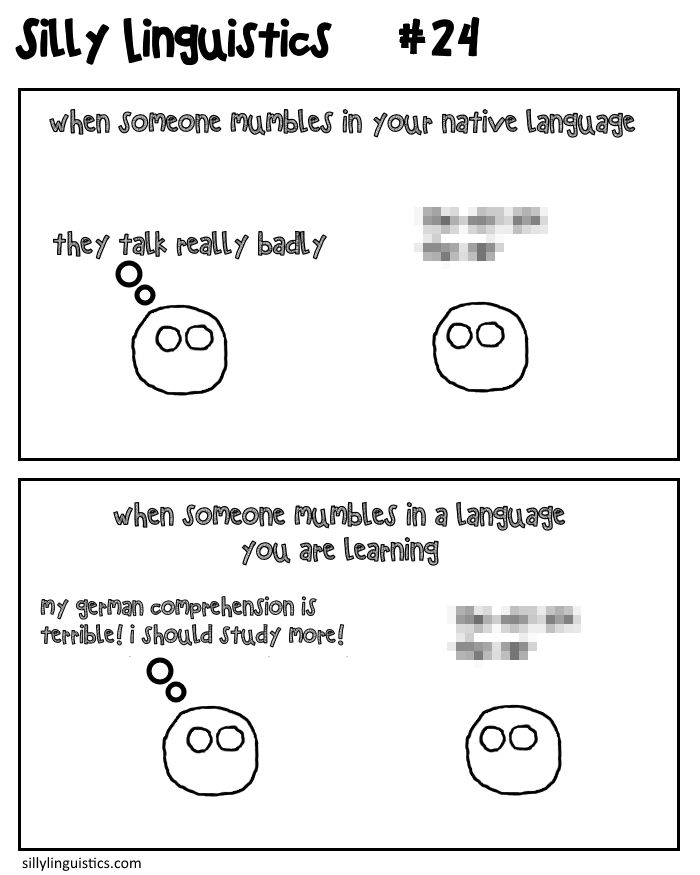

By Brandy Cross
The Death of a Language
By Patricia Syner
And many more interesting articles about language and linguistics available in the Silly Linguistics magazine sillyli.ng/Hk0jCk

By Brandy Cross
The Death of a Language
By Patricia Syner
And many more interesting articles about language and linguistics available in the Silly Linguistics magazine sillyli.ng/Hk0jCk
























